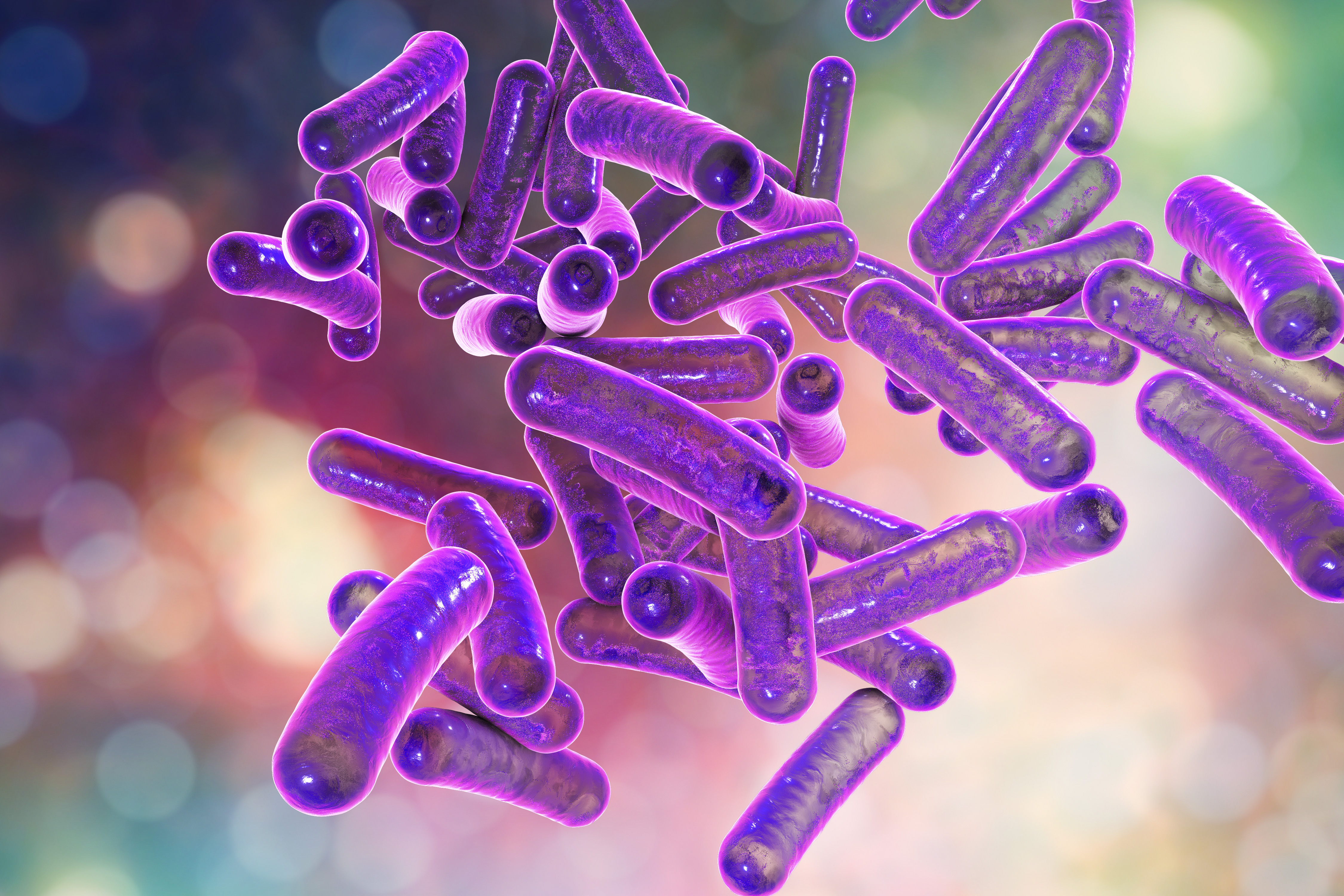Shigellosis, a type of food poisoning infection caused by the Shigella species (i.e. Shigella flexneri, Shigella dysenteriae, Shigella sonnei, Shigella boydii), is a major public health dilemma in third-world world countries, especially where sanitation is inadequate. Shigellosis is commonly transmitted through the fecal-oral mode of transmission.
Shigella’s mode of transmission is with direct contact with the pathogen that is present in feces. For example, this could occur in a neonatal care facility where staff doesn’t observe proper handwashing procedures after changing a neonate’s diaper. Shigella species can also spread if the fecal matter comes into contact with food, drinking water, or pool water.
There are certain demographics which predispose to an increased risk of shigellosis. Children under the age of five are most likely to be infected with Shigella bacteria. However, this may not be true most of the time, as it can occur at any age.
A mild case of shigellosis usually resolves within three days to a week. Cases unresolved within a month are rare. However, when immediate treatment is needed, doctors usually prescribe a course of antibiotics that has coverage to Shigella bacteria.


